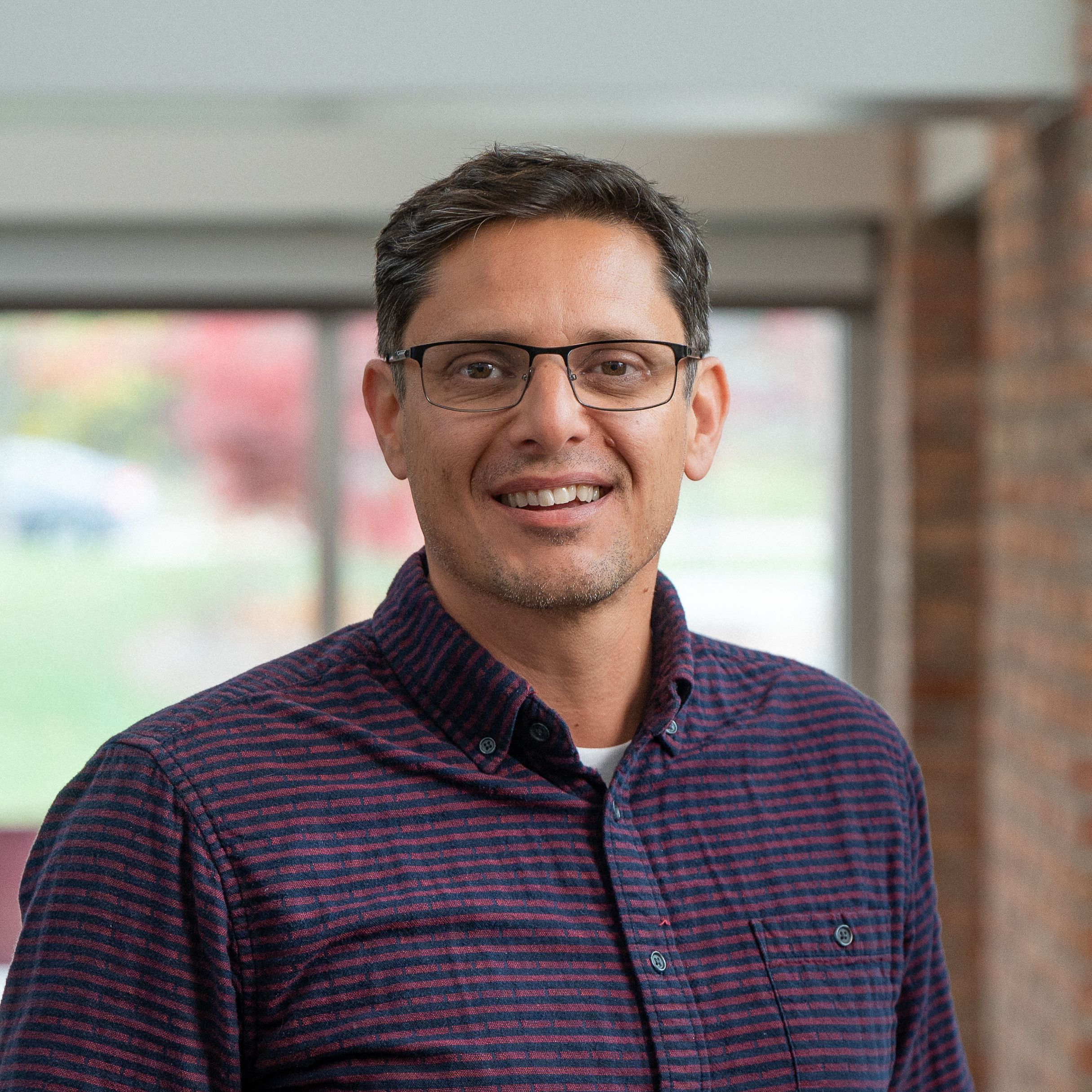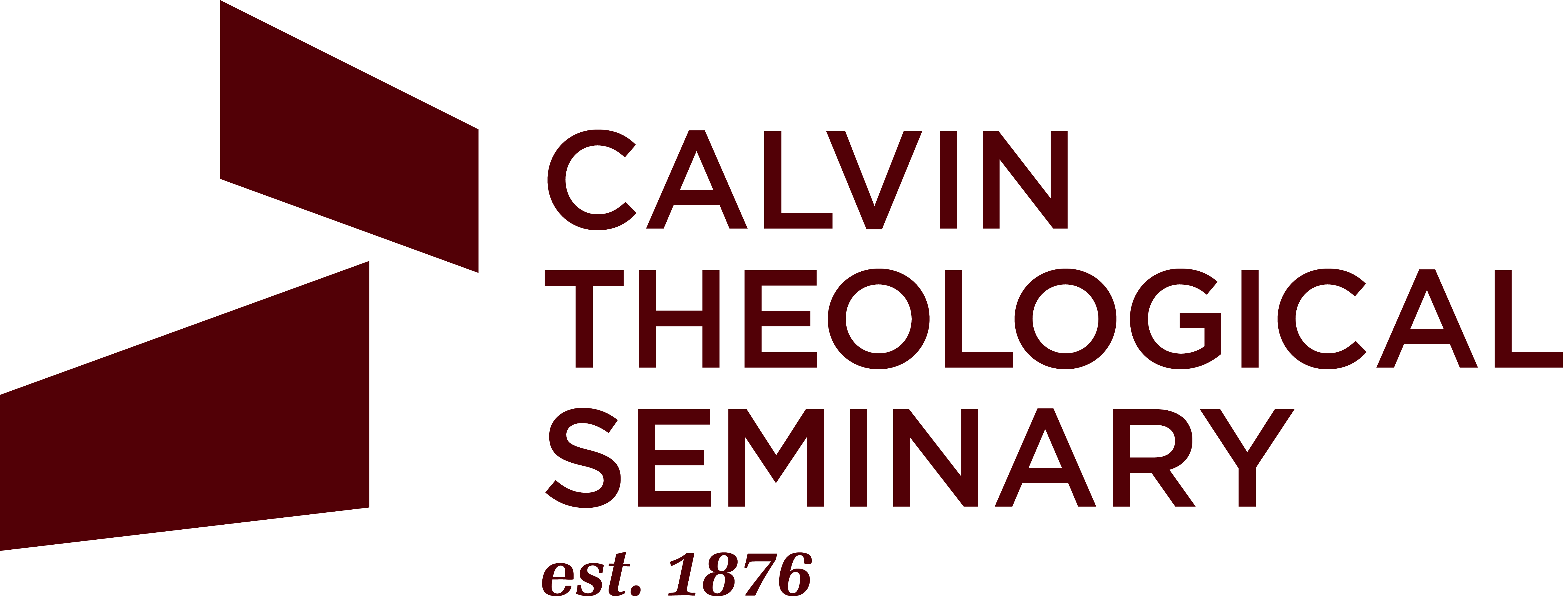Meet Wilson de Angelo Cunha

Published by Wilson Cunha
John H. Stek and Martin J. Wyngaarden Professor of Old Testament; Co-Director of the Master of Theology (ThM) Program
When the Forum requested a five-hundred-word reflection on what it means to be Reformed, I hesitated. The Reformed tradition has different flavors for different groups, and precisely who or what counts as the most authoritative source for defining Reformed? So, despite the risks inherent in the current enterprise, I offer general remarks.
First, the Reformed tradition emphasizes the unity of the Old and New Testaments. For example, John Calvin (1509–1564) affirmed that the Old and New Testaments share the “same substance/reality:” “The covenant made with all the patriarchs is so much like ours in substance and reality that the two are actually one and the same.”
Second, the Reformed tradition views the Old Testament law positively. Calvin claimed the law “has the force of exhortation, not to bind their consciences with a curse, but by urging them, from time to time, to shake off sluggishness and chastise imperfection.” It is the law that “ forms us and prepares us for every good work”.
Third, the Reformed tradition emphasizes the unity of special and general revelation. Because all truth stems from God, no matter where it is found, any tension between special and general revelation lies in the interpreter, not in the data both types of revelation provide. On the relationship between astronomy and faith, Calvin remarked that “astronomers prove, by conclusive reasons that the star of Saturn, which on account of its great distance, appears the least of all, is greater than the moon. Here lies the difference; Moses wrote in a popular style things which without instruction, all ordinary persons, endued with common sense, are able to understand; but astronomers investigate with great labour whatever the sagacity of the human mind can comprehend.”
Fourth, the Reformed tradition highlights the comprehensiveness of sin and salvation. Just as sin has affected all of creation, redemption encompasses the individual and creation as a whole. Accordingly, some strands of the Reformed tradition, especially Neo-Calvinism, reject “pietistic dualism,” that is, the separation of “the spiritual from the physical . . .of nature from grace.” And, finally, the Reformed tradition underscores the glory of God as the primary goal of Christian living. Calvin aptly urged us to eliminate “from our souls the desire to possess things for ourselves, to love power, and to long for the praise of men” and “uproot our appetite for ambition as well as our appetite for human glory”.
The Westminster Catechism for Young Children summarized it well:
“Why did God make you and all things? Answer: To glorify him.”
Share
Visit Calvin Theological Seminary’s Campus
We can’t wait to host you on campus! Schedule your visit today, or, if you need more time to find a date that works for you, please request information so we can continue the conversation about supporting your calling!
